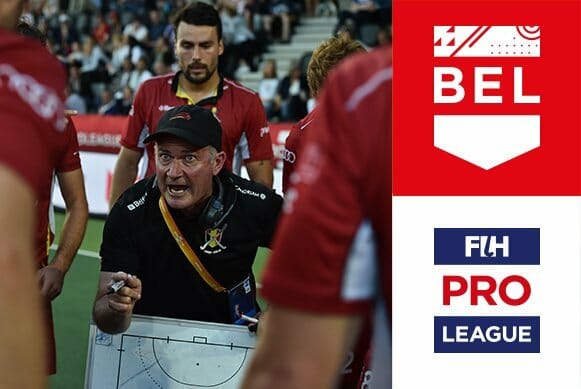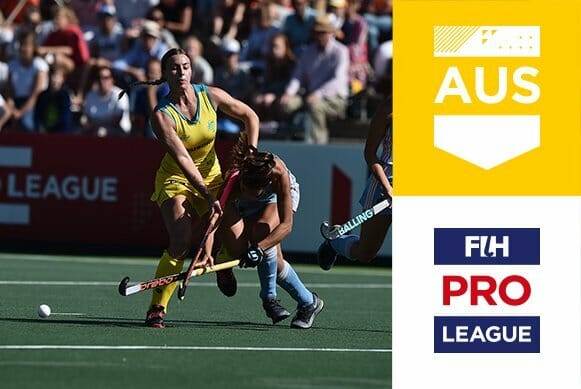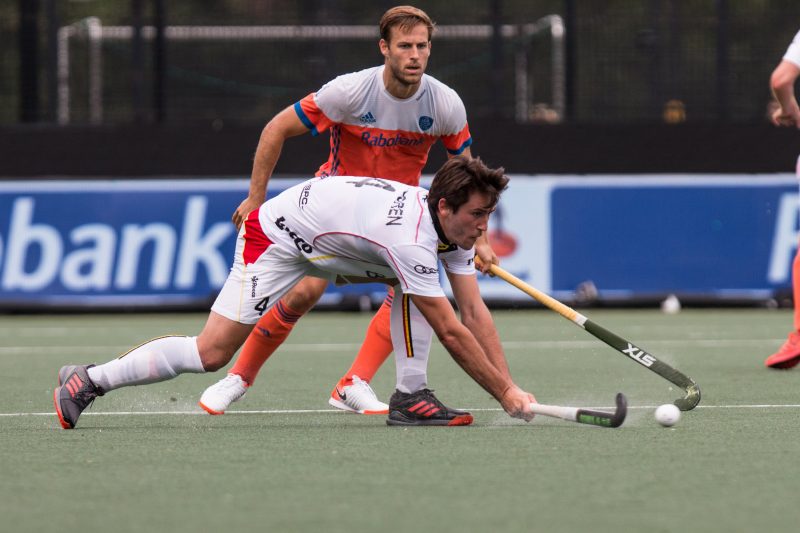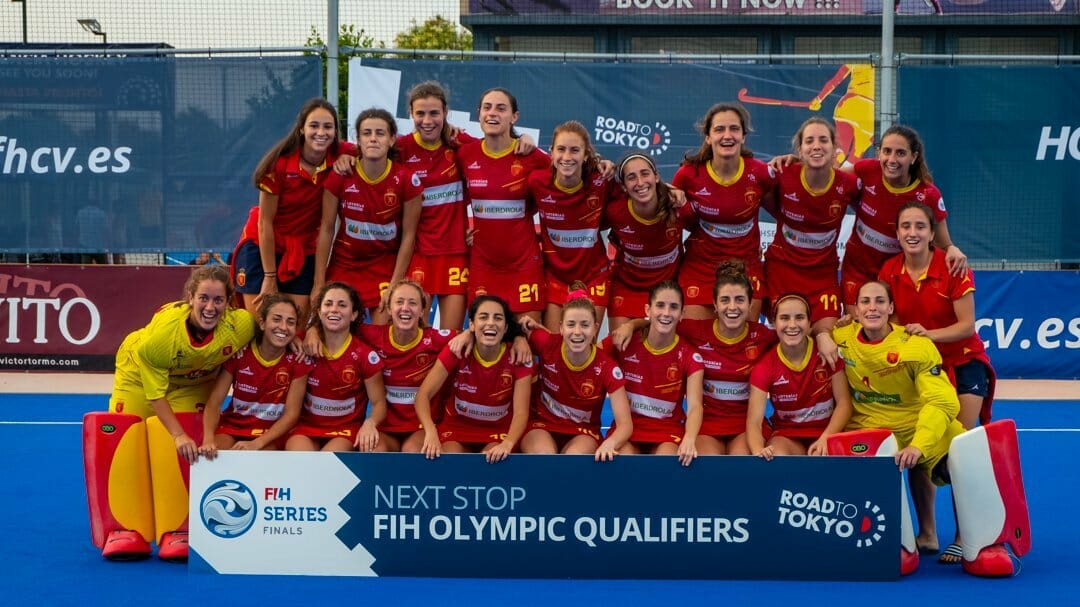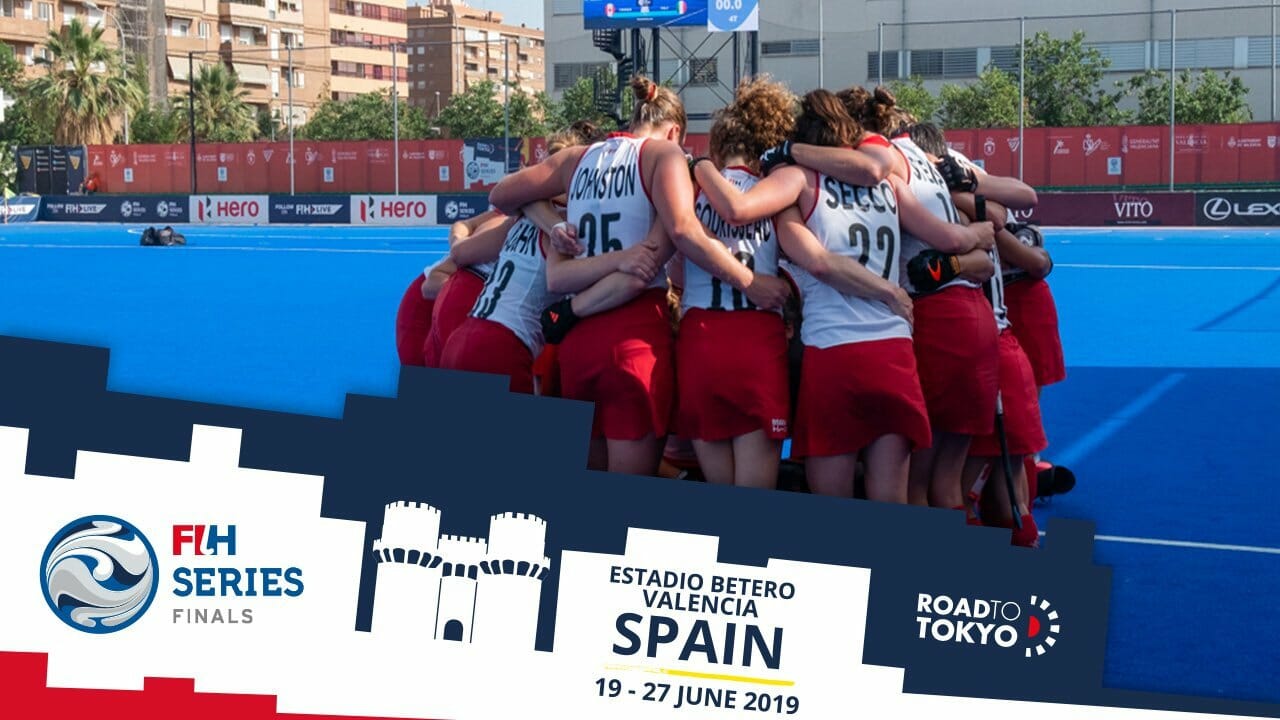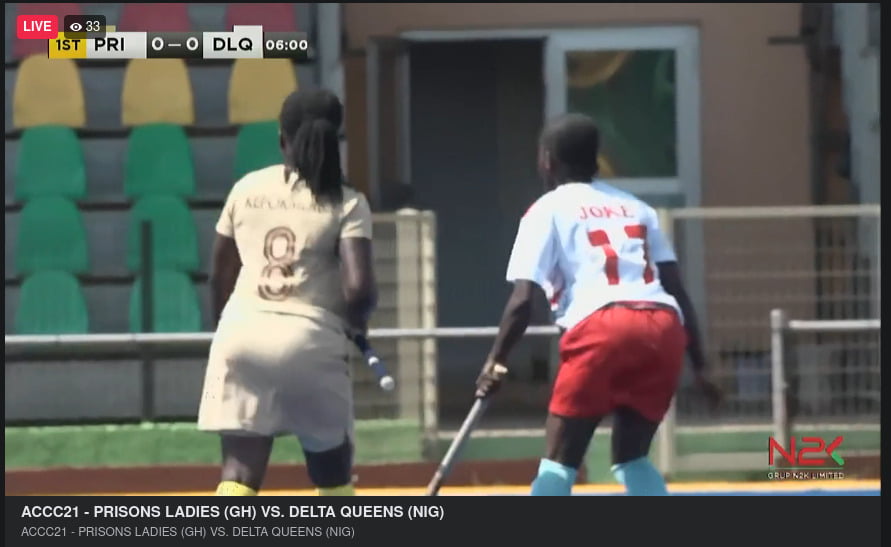The two highest ranked men’s teams in world hockey will contest the title match in the inaugural FIH Pro League, with world champions Belgium set to take on in form Australia in Sunday’s event final following two thrilling semi-final matches at Amsterdam’s Wagener Stadium on Friday (28 June). Second ranked Australia produced a powerhouse performance to dismantle Great Britain 6-1 with Jacob Anderson scoring a six minute hat-trick as the Kookaburras matched the Hockeyroos as FIH Pro League finalists, while a moment of dazzling brilliance from Tom Boon helped top ranked Belgium overcome lowland rivals and FIH Pro League Grand Final hosts the Netherlands with a 3-1 score-line. The Netherlands and Great Britain will play in Sunday’s 3-4 play-off match at 1430 Central European Summer Time (CEST – UTC/GMT+2), with the title match between Australia and Belgium getting underway at 1700. The first semi-final saw FIH Pro League table-toppers Australia (FIH World Ranking: 2) taking on fourth placed finishers Great Britain (WR:7) in a match that was packed full of action and goals. The chances of an upset increased significantly in the fifth minute when Australia’s Jeremy Hayward received a green card two minute suspension and a re-award of a penalty corner. Great Britain took full advantage of the situation, with Ashley Jackson slamming a low effort against the back-board for his first goal since his return to international hockey after a near three-year absence. Australia’s response was both ruthless and emphatic, with striker Jacob Anderson scoring three times in just six minutes to establish a 3-1 lead for the Kookaburras. Anderson’s first and third goals were finishes of real composure, although it was his second goal that was arguably the pick of his quick-fire treble, showing brilliant control before unleashing a ferocious strike that left GB goalkeeper George Pinner stranded. Great Britain had some good moments towards the end of the half, but it was the Australians who extended their advantage with two goals in quick succession shortly after half time when Jeremy Hayward and Blake Govers – the latter scoring his 11th goal of the FIH Pro League – drag-flicked the team into a 5-1 lead before Tim Brand added a sixth in the final quarter. “We stuck to our game plan really well”, said hat-trick hero Jacob Anderson after the match. “We wanted to attack the right side of the field and we got a lot of circle penetrations down that side which obviously I score my goals from, so we are pretty happy with how we played as a team and the goals I scored reflected that.” Great Britain captain Adam Dixon said: “It was an incredibly tough game. The way you start the game against Australia often sets the tone for the game, and I think we really went out there to step our authority on it for the first five or ten minutes. Then, a couple of mistakes against Australia, they are always going to put those opportunities away and then we were always fighting our way back into it. We want to go out on a high … we’ll be looking to put on our best showing on Sunday [in the bronze medal match].” The opening stages of the Belgium (WR:1) versus Netherlands (WR:3) semi-final was intense and dramatic, with both teams clearly taking to the field with a determination to assert their authority over the other. Injuries to Belgium’s Thomas Briels and Jorrit Croon of the Netherlands hampered both teams, while tempers flared when Dutch ace Jeroen Hertzberger and Red Lions defender Alexander Hendrickx clashed, resulting both players being given ten minute yellow card suspensions. With both teams reduced to ten players, it was the Belgians – beaten twice by the Dutch in the regular FIH Pro League season – who made the extra man count when Arthur Van Doren split the defence with a trademark slap-pass from the left that was touched home from close range by Tanguy Cosyns in the 18th minute. However, the Dutch pulled themselves level eight minutes later thanks to Jelle Galema, who tapped home after a superb interchange down the right from Thierry Brinkman and Jip Janssen, the latter supplying the perfect cross for Galema to score. The Netherlands had missed some good opportunities to take the lead in the third quarter, something that proved costly when Belgium’s Tom Boon produced a moment of outrageous, individual brilliance. The Red Lions striker showed an incredible first touch to receive a wonderful Felix Denayer pass deep in Netherlands territory before juggling past Joep de Mol and lifting over the onrushing goalkeeper Sam van der Ven to score from a tight angle. It was a remarkable finish that swung the match fully in Belgium’s favour, with Alexander Hendrickx slamming home a four quarter penalty corner to seal the victory and send the reigning world champions into the final. “It was a really important game for us as it’s been a long time since we got a win against Holland”, said Belgium captain Thomas Briels after the match. “We won at the world cup but the match finished a draw, so we really wanted win in front of their home crowd which is more difficult. I think today the victory was deserved.” Discussing Tom Boon’s stunning goal, Briels said: “It was incredible. Sometimes you get a little flash as a striker, and I think he is going to remember this one for a long time. I’m really happy for him.” Netherlands star Seve van Ass said: “Both teams had momentum, but in the third quarter we has some good opportunities and did not score from those. Then we felt the game turning a little bit, and they got the better part of us in the fourth quarter. If we’d have scored a couple of goals it would have been different, but that’s always the same, of course.” On Saturday 29 June, the winner of the inaugural women’s FIH Pro League competition will be decided. World champions the Netherlands, who
